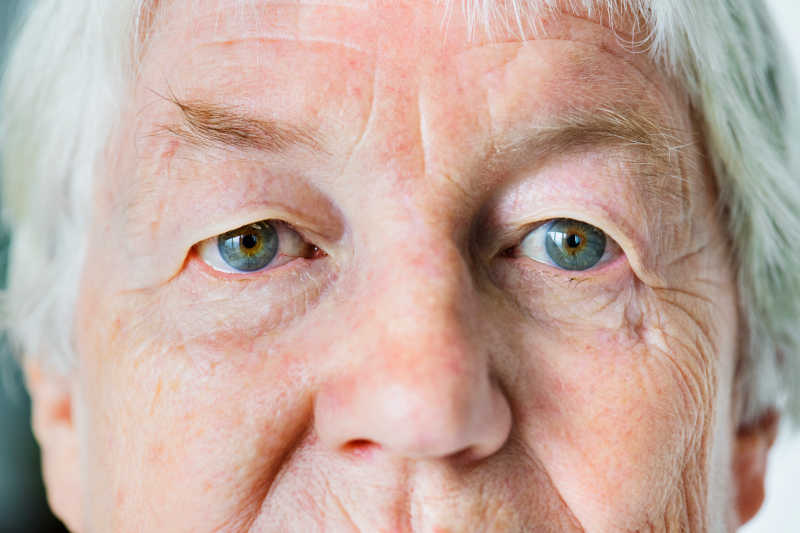Signs of Aging Eyes You Shouldn’t Ignore
Vision changes typically occur when people head into their 40s, and it’s almost always those who have disorders like diabetes or hypertension that are affected most. If your family has a history of any eye conditions, it can increase your chances of developing an issue. Some changes are common as you age, but other things are alarming.
You should tell your doctor if you see anything like difficulties with depth perception, floaters, blurriness, and you have a hard time adjusting between bright and dark rooms.
Common Eye Issues with Aging
You need to familiarize yourself with several issues of visual disturbances, as it’s not uncommon to develop cataracts, macular degeneration, a torn retina, and other problems involving the eyes. Here are some concerns that may develop that should always be brought to your doctor’s attention.
- Problems reading – The need to take your glasses off even if they’re bifocals to see.
- Waves in visual fields
- Floaters or black spots – You can see these more prevalent when looking at the white wall.
- Needing more light to see – You may find yourself sitting by a window to get sufficient light or need a lamp close by.
- Seeing flashing lights
- Sensitivity to lights or glares
- Images in your field of vision are distorted
- Constant tearing
- Dry eyes
- Red, puffy, swollen eyelids
- Decrease in-depth perception
- Periods of blurred vision
Age-Related Eye Ailments
Aging eyes is common, but some issues are concerning. Here are some common problems faced by seniors with their vision.
-
Macular Degeneration
Blurred vision is caused by the degeneration of the cells in the macular of the eye. This condition leads to blindness.
-
Presbyopia
This is often confused with being far-sided, but a person with this eye condition can’t see anything close or small print, even with corrective lenses.
-
Cataracts
The eye’s lens becomes clouded and causes blurry vision, affecting one or both eyes.
-
Anisometropia
One eye becomes weaker than the other as the refractive power is off.
-
Glaucoma
The pressure inside the eye builds as the nerve that connects this area to the brain becomes damaged. This condition can lead to blindness, but some treatments are available.
-
Keratoconus
The cornea of the eye becomes thin with age and begins to bulge. The bulging creates a cone-type shape in this vital part of your vision system that causes disturbances. You may see distorted waves in your vision.
Final Thoughts
Your eyes are precious, and getting help at the first signs of trouble is essential. You need to ensure that you go for your annual eye exam and report any changes to your doctor.




